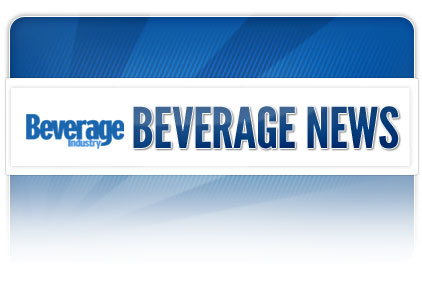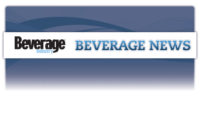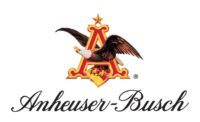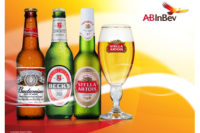Anheuser-Busch InBev (AB InBev), Leuven, Belgium, announced that it will re-acquire Oriental Brewery (OB), a leading brewer in South Korea, from New York-based Kohlberg Kravis Roberts & Co. L.P. (KKR) and Hong Kong-based Affinity Equity Partners for $5.8 billion.
This agreement returns OB to the AB InBev portfolio more than four years after AB InBev sold the company in July 2009, following the combination of InBev and Anheuser-Busch, in support of the company's deleveraging target. AB InBev will reacquire OB earlier than July 2014, as it was originally entitled to under the 2009 transaction.
Since KKR and Affinity entered into the partnership with OB in 2009, the company has grown to become the largest brewer in South Korea, driven by strong growth of the Cass brand. OB and AB InBev also remained long-term partners through OB’s exclusive license to distribute select AB InBev brands in South Korea including Budweiser, Corona and Hoegaarden.
"We are excited to invest in South Korea and to be working with the OB team again,” said Carlos Brito, chief executive officer of AB InBev, in a statement. “OB will strengthen our position in the fast-growing Asia-Pacific region and will become a significant contributor to our Asia-Pacific Zone. The management team at OB has done a tremendous job of growing the business over the last few years into the leader it is today in South Korea. We look forward to working with the OB team to continue to build AB InBev brands in South Korea, provide additional consumer choice, and share best practices. In addition, we expect to be strong contributors to the Korean economy and community, fulfilling our global commitment to establish AB InBev as a leading corporate citizen in the markets in which we operate."
Joseph Y. Bae, managing partner of KKR Asia, and Kok Yew Tang, chairman and managing partner of Affinity, added in a statement: "We are proud to have partnered with OB these past five years. The success experienced since 2009 is a testament to all the employees of OB, and we are gratified to have invested in the company and supported the company's growth as well as their environmental and citizenship initiatives."
South Korea is an attractive beer market with a strong domestic growth outlook and beer volumes that grew at an annual rate of approximately 2 percent between 2009 and 2012, AB InBev says citing data from Plato Logic Limited. During that same period, premium brands grew by approximately 10 percent each year, it says. South Korea's beer market is expected to grow by more than 13 percent in total during the 2012-2022 time period, it adds.
Since 2006, OB has experienced significant momentum, and Cass has become the No. 1 beer brand in South Korea, supported by a healthy consumer brand preference, AB InBev says. AB InBev expects to build on this momentum and will apply its marketing capabilities and brand-building experience to further develop OB and AB InBev brands, including Cass, OB Golden Lager, Cafri, Budweiser, Corona and Hoegaarden.
In-soo Chang, current chief executive officer of OB, will continue to lead the company, which will still be headquartered in South Korea under its current name. OB will become a part of AB InBev's Asia-Pacific Zone, led by Zone President Michel Doukeris.
The enterprise value for the transaction is $5.8 billion, and, as a result of an agreement entered into with KKR and Affinity in 2009, AB InBev will receive approximately $320 million in cash at closing from this transaction, subject to closing adjustments according to the terms of the transaction. OB estimates its earnings before interest, taxes, depreciation and amortization in 2013 was approximately $500 million.
The re-integration of OB into AB InBev's global platform is expected to generate benefits from a variety of sources, including maximizing OB and AB InBev's portfolios of leading beer brands to drive premium growth and realizing improved efficiencies from sharing best practices between OB and AB InBev, the company says. AB InBev's global platform also offers opportunities to export OB brands more widely, it adds.
The transaction is subject to regulatory approval in South Korea, as well as other customary closing conditions, and is expected to close in the first half of 2014.



